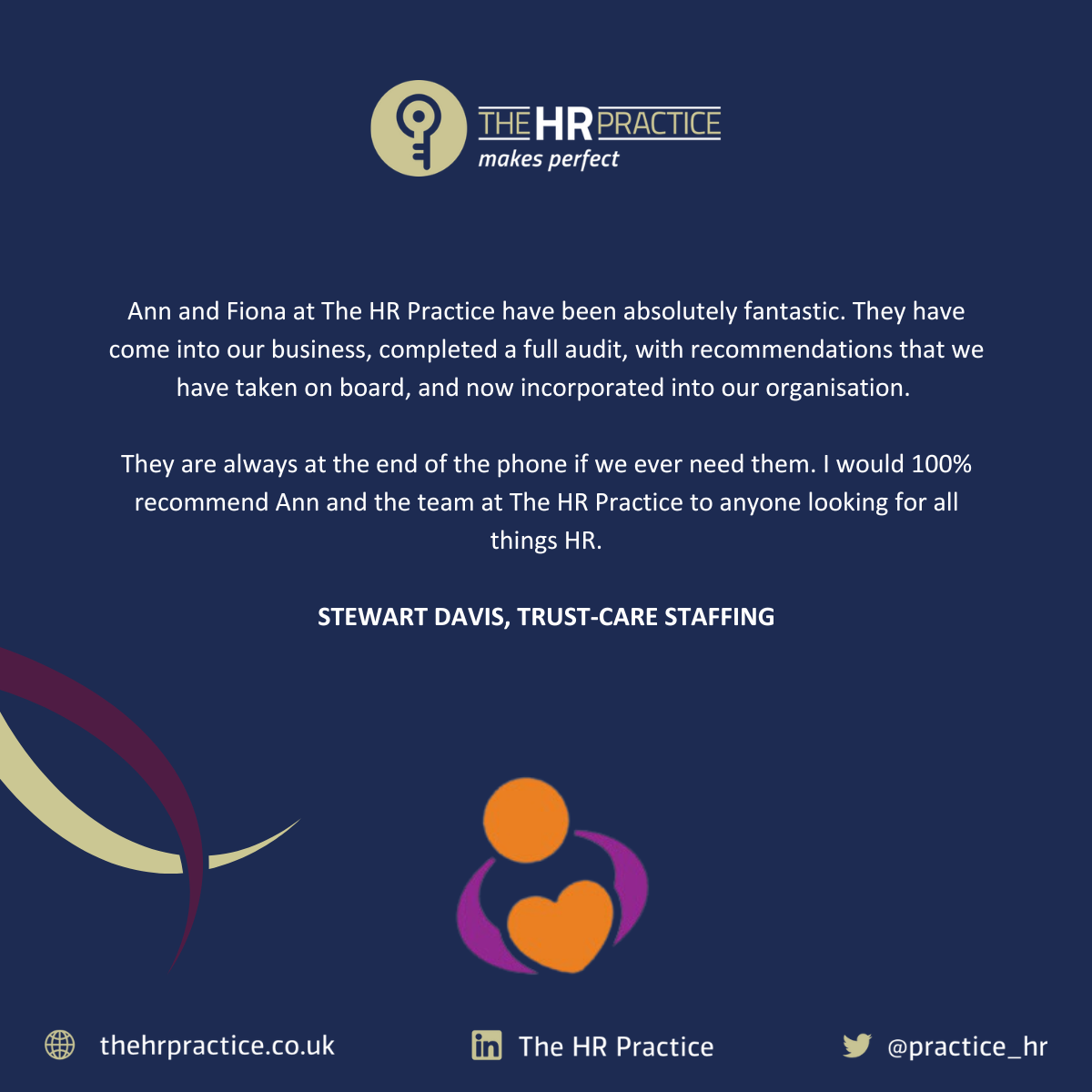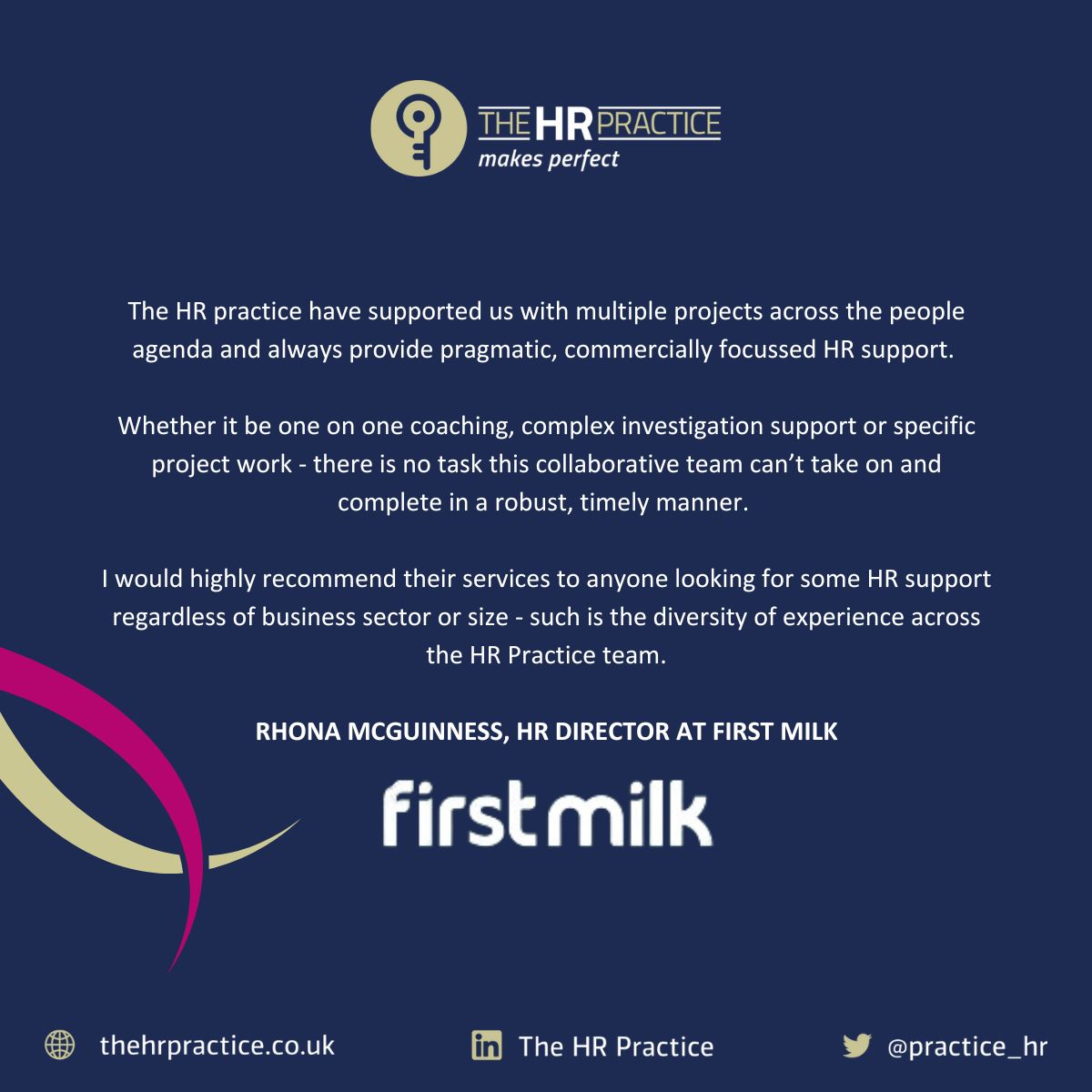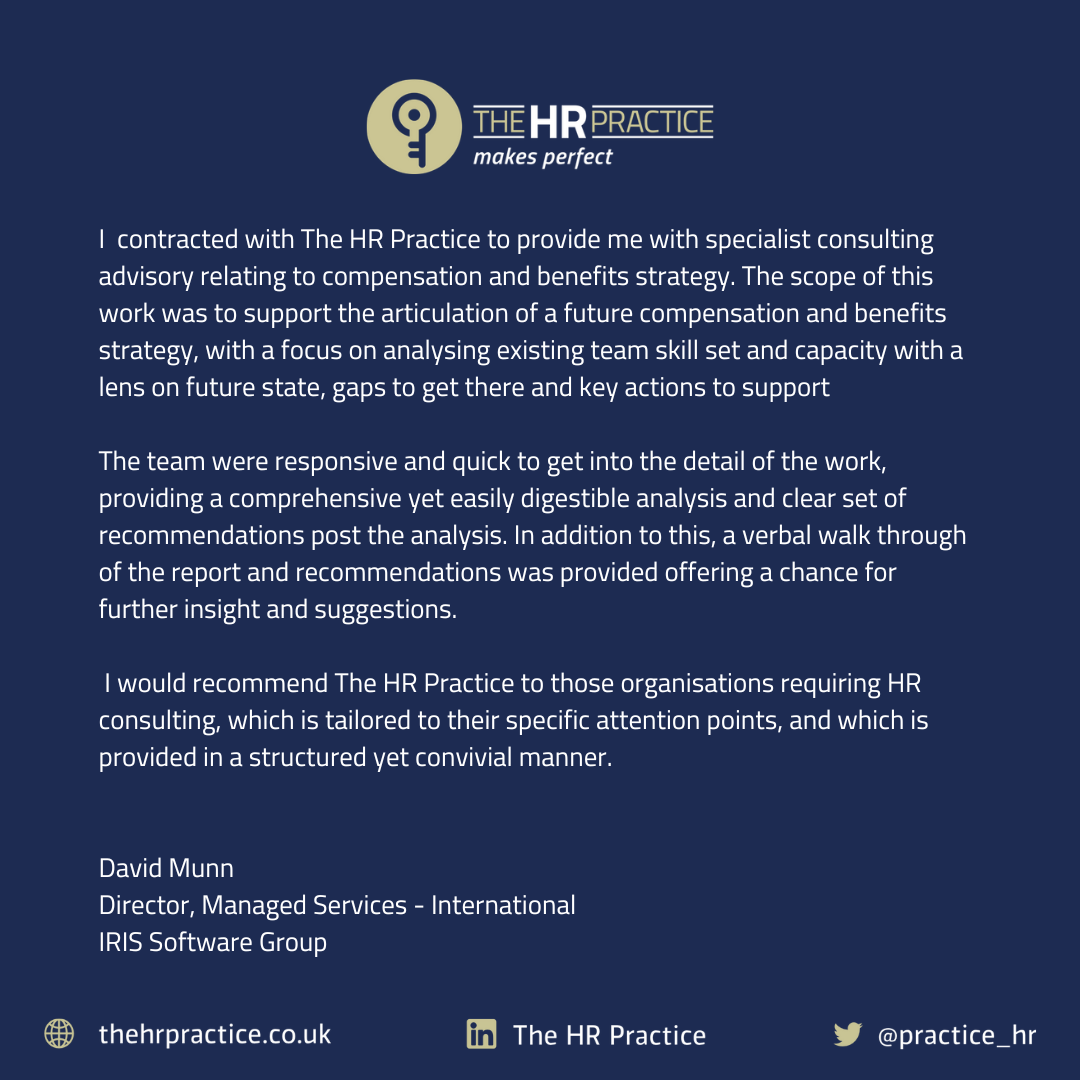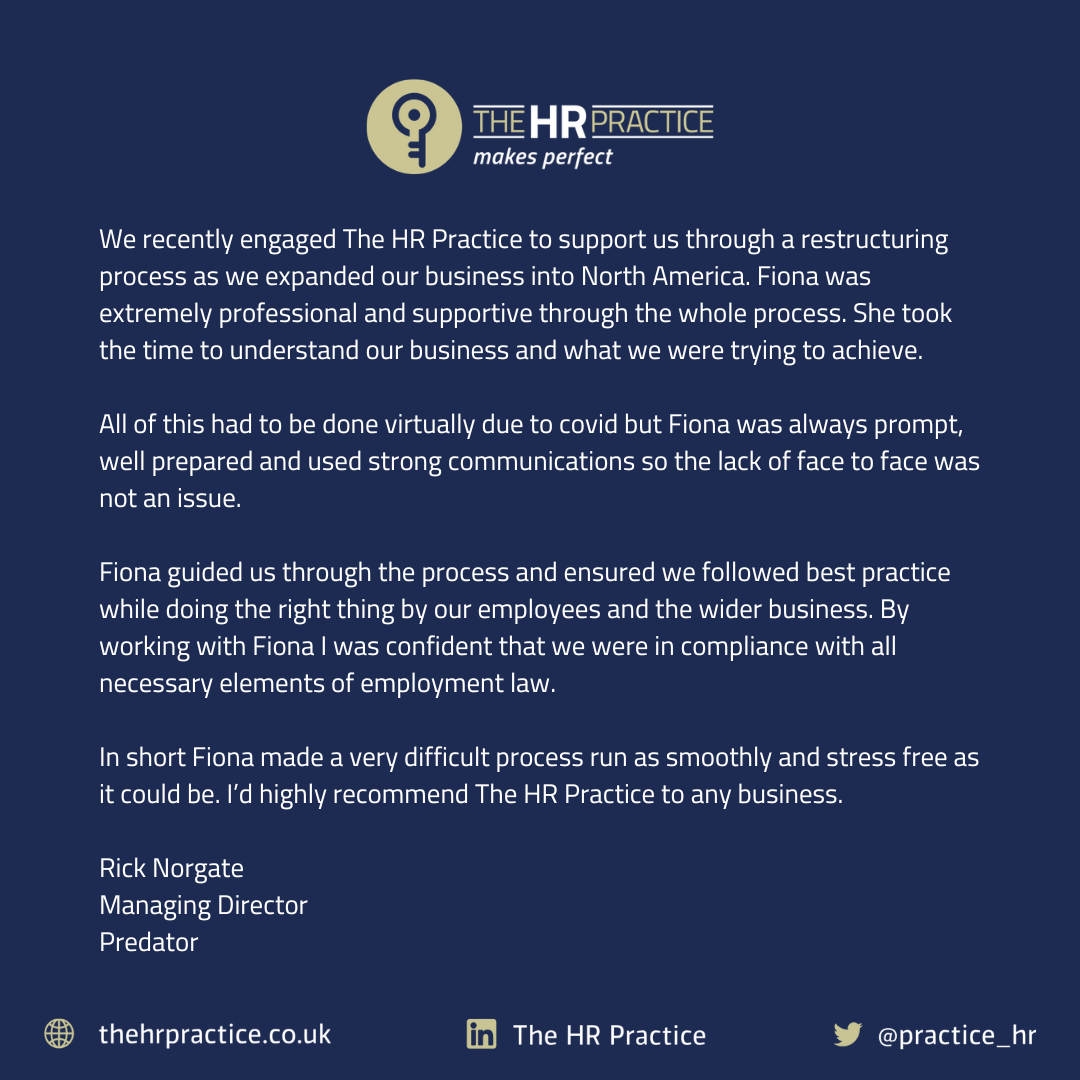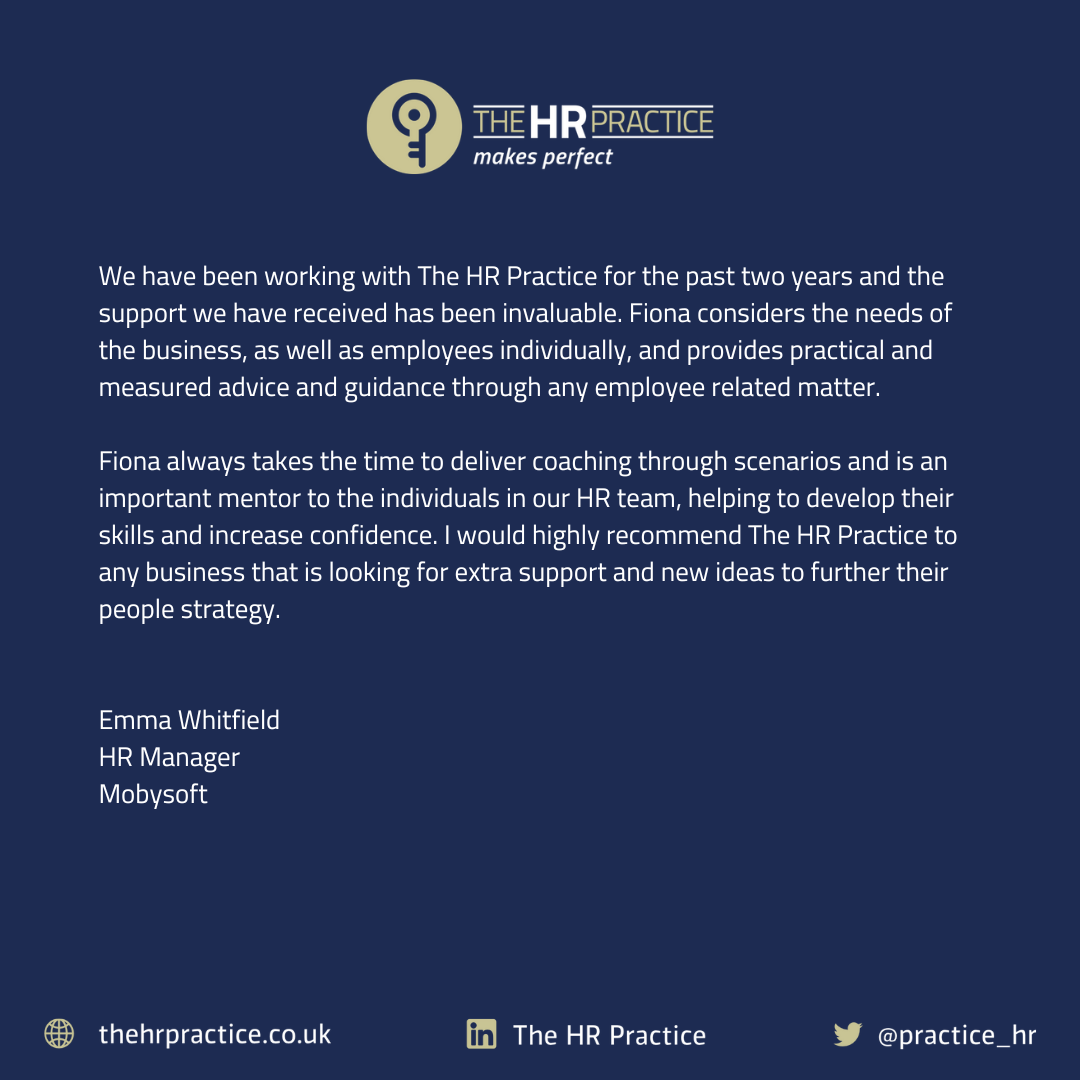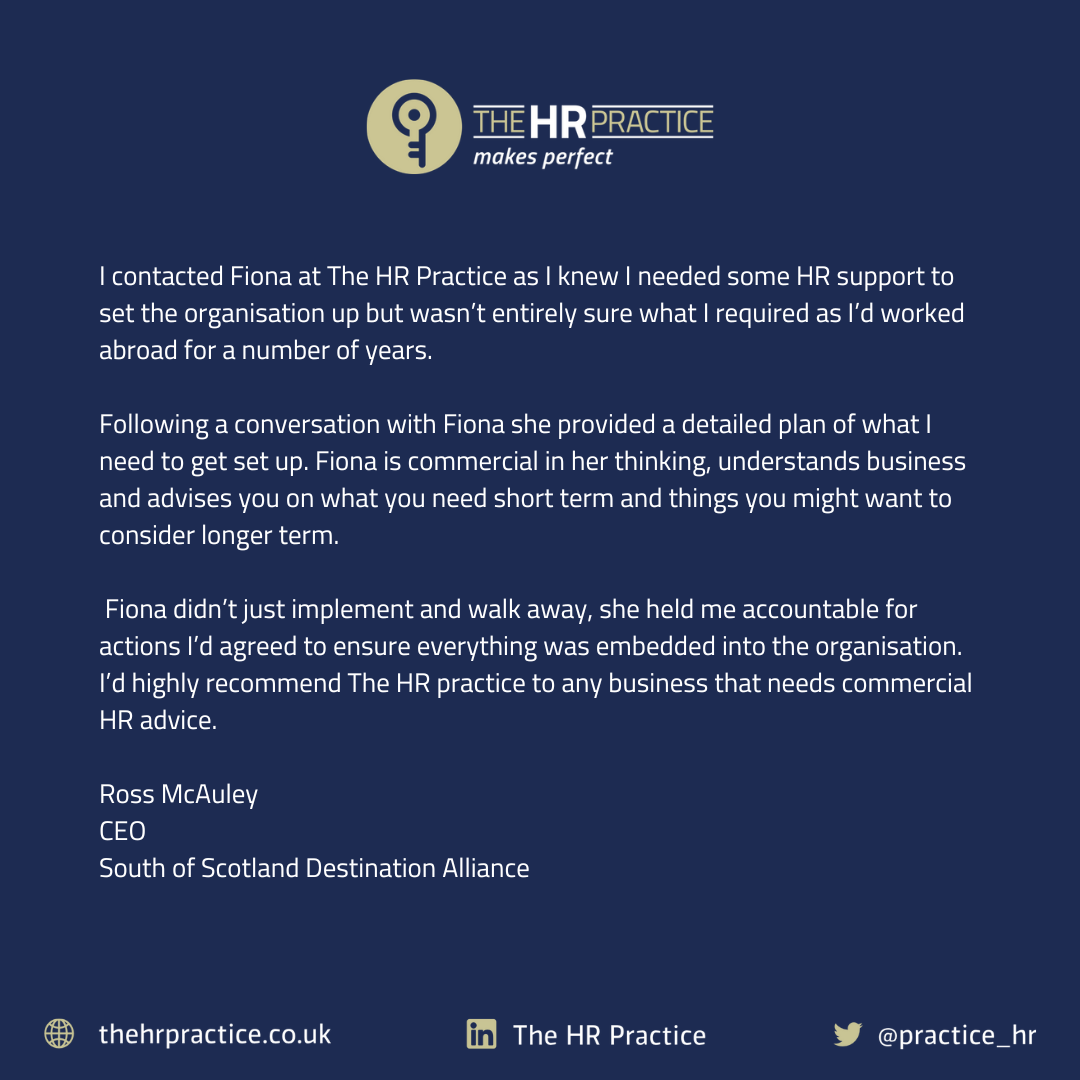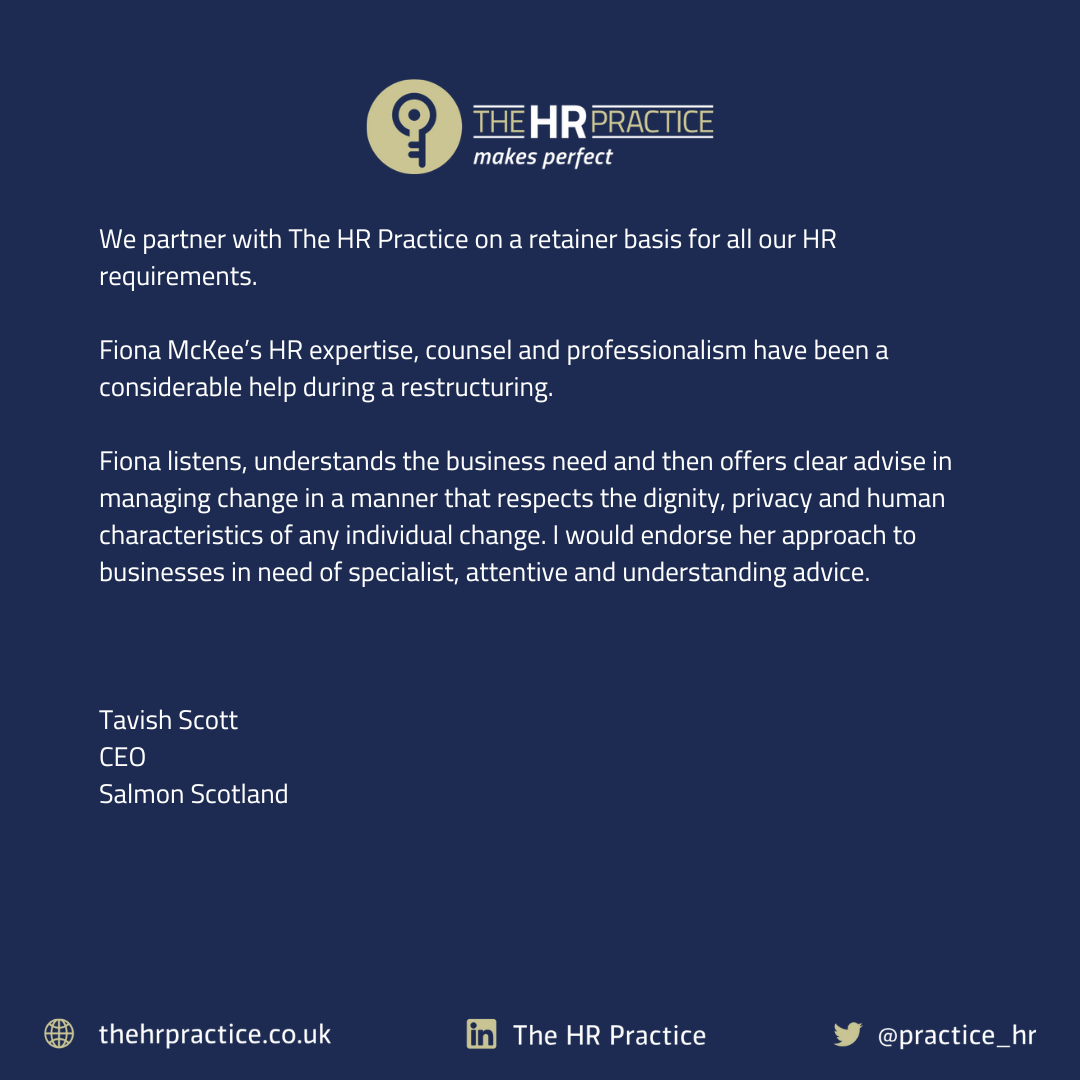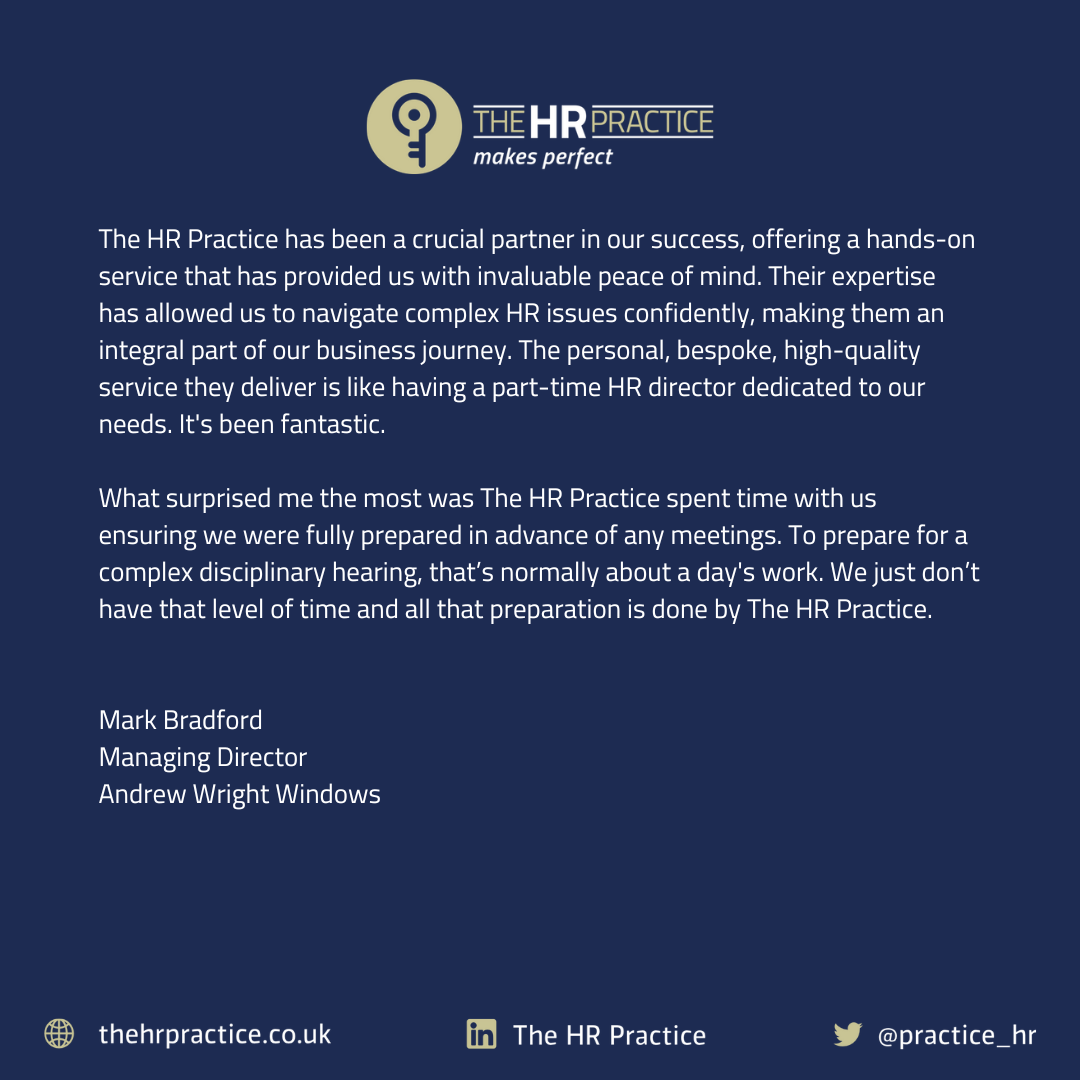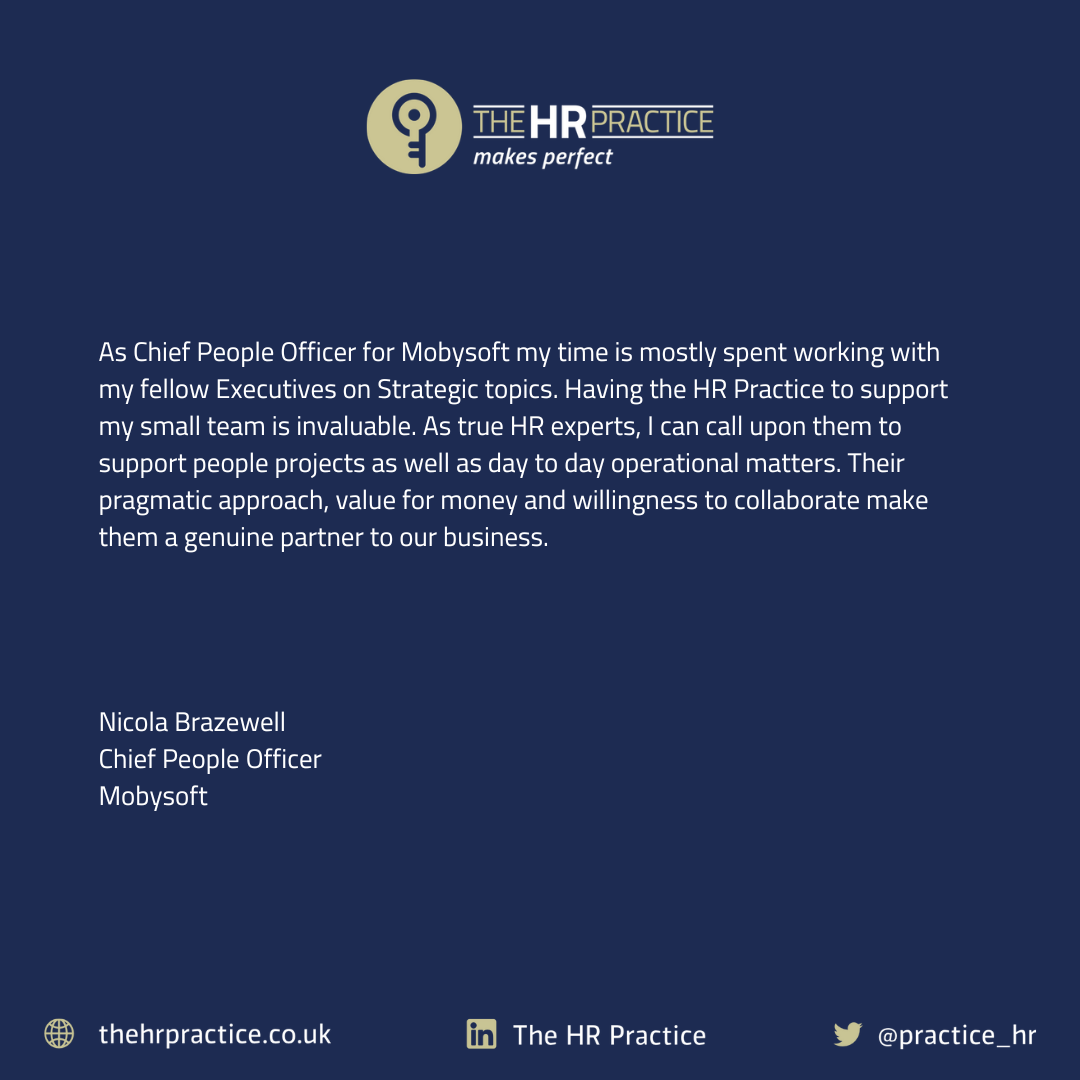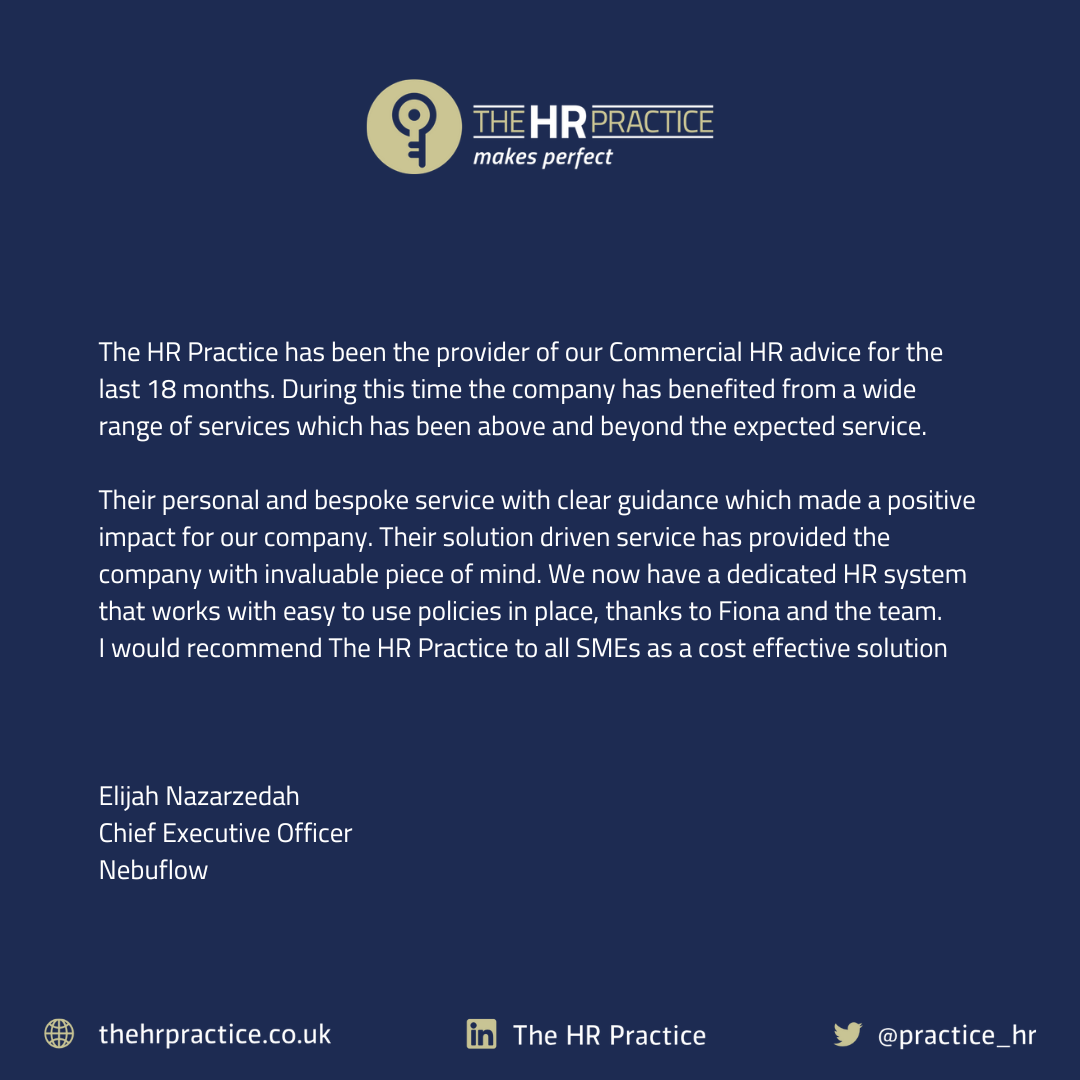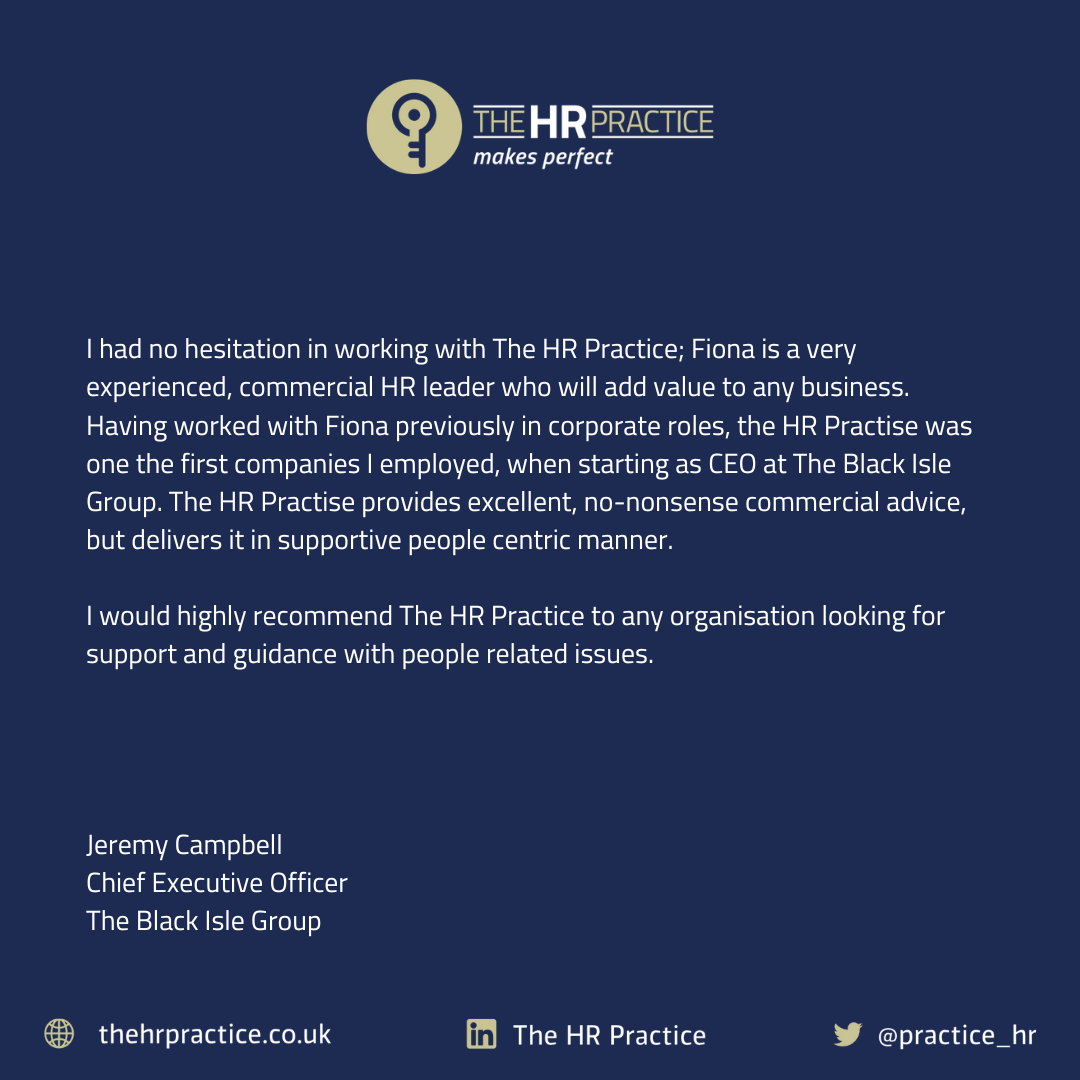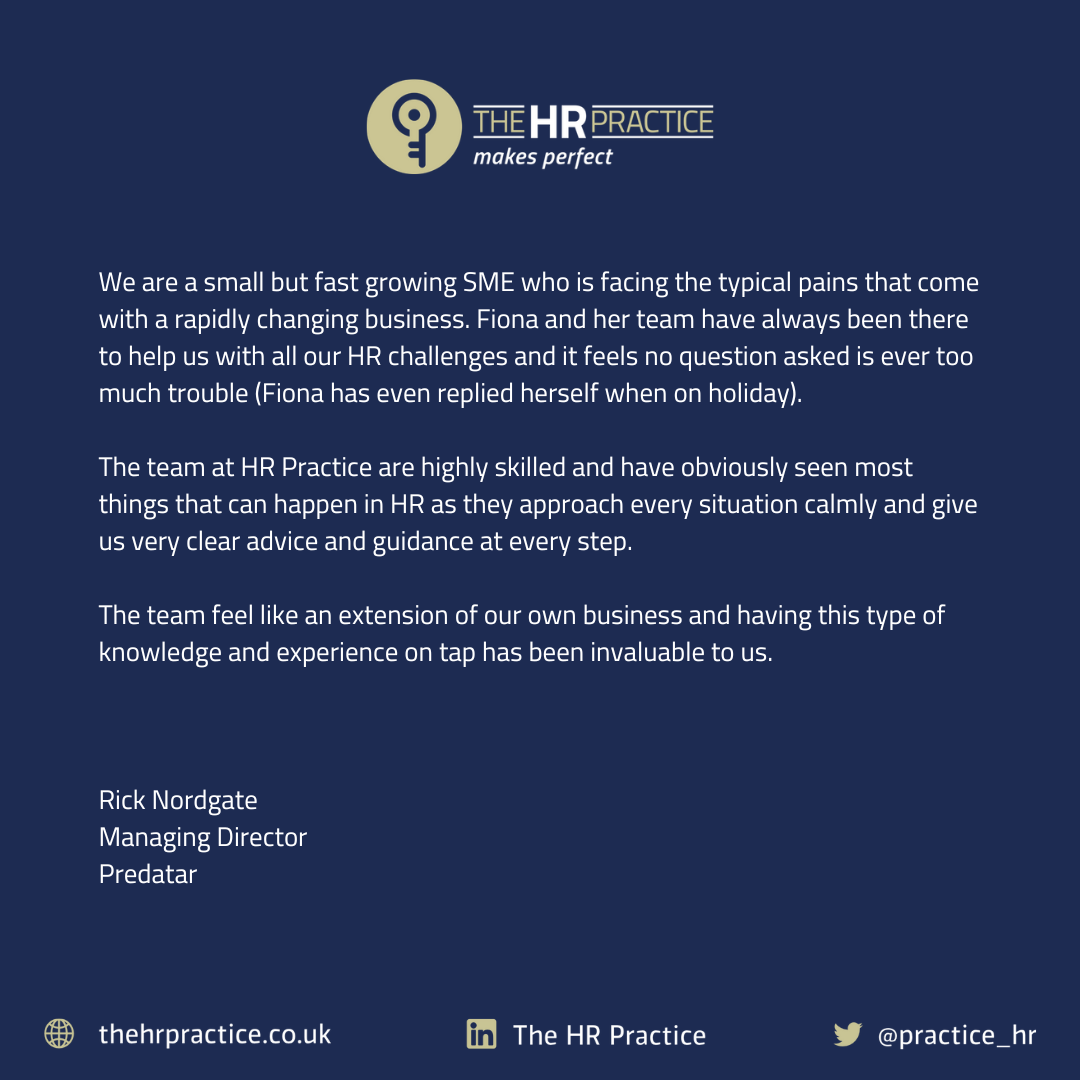The recent Working Lives Scotland 2024 Key Findings Webinar provided a wealth of valuable information, shedding light on the current state of workplace dynamics and challenges in Scotland. Here, we highlight the key takeaways into three critical insights that can help businesses navigate the evolving landscape of work.
1. The Fair Work Framework: Building a Better Workplace
The Fair Work Framework, as outlined in the webinar, emphasizes five key pillars: respect, security, opportunity, fulfilment, and voice. Each of these elements is essential in creating a supportive and productive work environment and serves as a guideline in preparing all sections of the report.
- Respect: Ensuring that all employees are treated with dignity and respect is fundamental. This involves fostering an inclusive culture where everyone feels valued.
- Security: Providing job security and stability is crucial, particularly in uncertain economic times. This can help reduce stress and increase job satisfaction among employees.
- Opportunity: Offering growth opportunities through career development and skill-building initiatives can keep employees motivated and engaged.
- Fulfilment: Helping employees find meaning in their work can lead to higher levels of job satisfaction and overall well-being.
- Voice: Encouraging open communication and feedback can empower employees and enhance their sense of belonging within the organisation.
While the Fair Work Framework sets a high standard, it’s evident that not all employers adhere to these principles. Those who do not may find themselves less profitable due to higher recruitment costs stemming from low retention rates. Businesses must recognise that investing in a fair and supportive work environment ultimately pays off in terms of employee loyalty and productivity.
2. Addressing Workplace Conflict: A Hidden Productivity Drain
Workplace conflict emerged as a significant issue in the webinar findings, with 28% of employees reporting conflict and 13% feeling undermined or humiliated. The impact of these conflicts is profound:
- Gender Disparity: Women experience more workplace conflict (35%) compared to men (21%). This disparity highlights the need for gender-sensitive conflict resolution strategies. It's alarming that over a third of women in the workplace experience conflict. Employers must implement regular check-ins and robust processes to address and reduce these conflicts before they escalate.
- Job Satisfaction and Retention: Conflict leads to lower management scores, with 25% of affected employees dissatisfied with their jobs and 31% considering quitting within the next year. This is a clear indicator that unresolved conflict can have a detrimental effect on staff retention and overall morale.
- Letting Go: A considerable 35% of employees tend to let conflicts go unaddressed, which can foster a toxic work environment over time. This passive approach to conflict management is dangerous, as it can lead to a buildup of unresolved issues that harm team dynamics and productivity.
These statistics underscore the importance of proactive conflict management. Organisations must invest in training managers to handle disputes effectively and create a culture where employees feel safe to voice their concerns. Failure to address workplace conflict not only affects individual employees but can also have significant repercussions for overall business performance.
3. Evolving Work Models: Flexibility Beyond Homeworking
The evolution of home and hybrid working was another major theme of the webinar. While these models offer significant benefits, they also present unique challenges:
- Disparity in Job Roles: Lower-paid occupations are often those that cannot be done from home, highlighting a gap in flexible working opportunities. This creates a disadvantage for low earners who may struggle with the high cost of childcare, further exacerbating financial stress. Employers need to find ways to offer flexibility that goes beyond remote working to support all employees.
- Work Preferences: Only 14% of employees want to work fully from home, while 19% prefer primarily working from home. Meanwhile, 33% indicate their jobs cannot be done remotely. This data suggests that while flexible working is popular, it must be tailored to different job roles and individual preferences.
It's crucial for employers to explore various forms of flexibility to accommodate diverse needs and ensure equity across all levels of the workforce. By doing so, they can improve job satisfaction and reduce turnover, leading to a more stable and productive business environment.
Addressing Disability and Public Sector Challenges
The webinar highlighted the perspective of disabled employees, revealing that those with disabilities reported higher job satisfaction. This finding emphasizes the importance of readily available support and creating an inclusive work environment that supports the needs of all employees, contributing to overall job satisfaction and well-being.
Moreover, growing unease within the public sector was highlighted. While the public sector boasts positives such as job security, employee benefits, and meaningful work, it also faces significant challenges. These include higher workloads, poorer labour market confidence, and industry-specific differences. Addressing these issues requires a balanced approach that maintains the sector's strengths while tackling its weaknesses.
Conclusion: Navigating the Future of Work
The Working Lives Scotland 2024 Key Findings Webinar highlights several critical areas where HR practices can evolve to meet current challenges. By embracing the Fair Work Framework, proactively managing workplace conflict, and expanding flexible working models, businesses can create a more inclusive, productive, and engaged workforce.
At The HR Practice, we understand the complexities of these issues and are here to provide expert guidance. Whether you need support with conflict resolution, implementing work policies, or enhancing employee engagement, our team of experienced HR directors is ready to help you navigate these changes and drive your business forward. Contact us today to learn how we can support your organisation in creating a thriving workplace.
Let us take care of HR, so you can take care of business.


